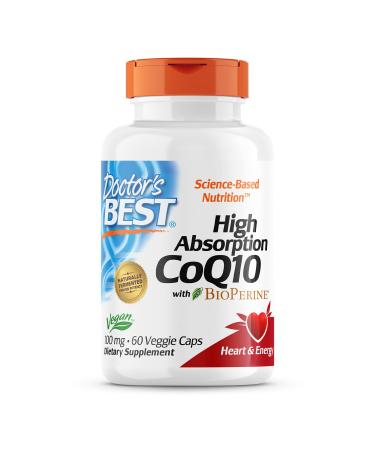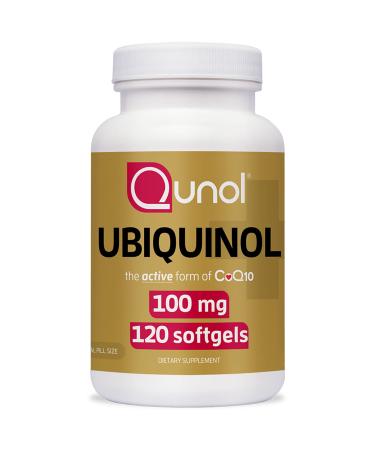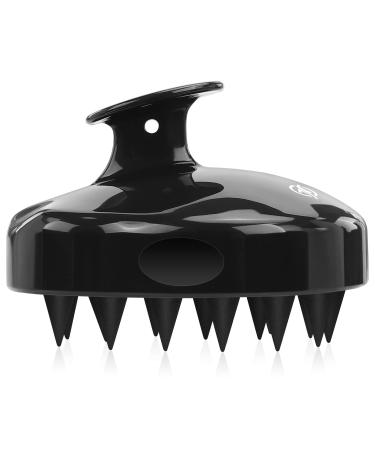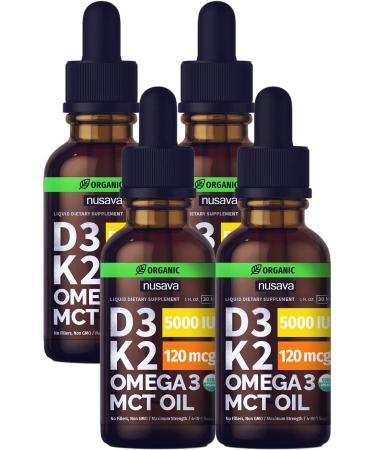Coenzyme Q10 is a unique fat-soluble antioxidant referred to as ubiquinone — or ubiquinol in its reduced form — because it is "ubiquitous" (present everywhere), found in almost all living cells9. CoQ10's
CoQ10's ability to act as an antioxidant and support mitochondrial function makes it a powerful tool in the battle for cardiovascular health10. The highest concentration of Coenzyme Q10 is found in heart muscle tissue where it helps supply the extraordinary energy demands of our hardworking heart. CoQ10 is known to support the heart through mitochondrial bioenergetics, the process of cellular energy transformation. On top of this, CoQ10 helps to promote overall cardiovascular health by confronting oxidative stress in heart and endothelial (blood vessel wall) cells11,12.
There has been research in the use of CoQ10 supplementation to work against the oxidative stress that takes a toll on circulating blood lipids, specifically as it relates to cardiovascular health. Clinical studies seem to demonstrate that CoQ10 directly with peroxyl radicals, CoQ10 indirectly helps quench radicals by regenerating antioxidant vitamins, specifically
the active forms of vitamin E, A, C, and beta-carotene13. CoQ10 has also been shown to modulate oxidation rates of key lipids during supplementation. This type of antioxidant activity may enhance the structural integrity of lipids and supporting healthy blood vessels and circulation, potentially creating a more favorable cardiovascular environment. Clinical studies seem to demonstrate that supplementation of CoQ10 supports these effects in addition to endogenously produced CoQ1014.
In terms of bioenergetics, CoQ10 supplementation acts to preserve energy turnover in mitochondria — our cellular powerhouses — by keeping ATP synthesis at optimal levels15. Maintenance of normal energy utilization and supply is crucial for maintaining the cell's ideal biochemical state. Due to the large amounts of energy requirements for the heart, there is a high density of mitochondria in cardiac tissues. According to researchers, these mitochondria play a vital role in heart health16,17.
PQQ is able to complement and enrich the benefits of CoQ10 through its own independent action as mitochondrial support and an antioxidant. PQQ is a nutrient that is present in many types of foods, from fruits and vegetables to milk and tea18. PQQ supports mitochondrial function as a biochemical growth factor and through the induction of mitochondrial biogenesis19. Ingestion of PQQ, even in trace amounts, has been shown to stimulate mitochondriogenesis, the creation and support of new mitochondria5.
Beyond promoting the creation of new mitochondria, PQQ also aids in the protection of mitochondria through its antioxidant activity. PQQ also promotes mitochondrial function by aiding in energy utilization, improving the performance of mitochondria in vital activities7. Preservation of mitochondrial integrity is important because damage or mutations to the mitochondria DNA can have a cascade of negative health effects such as raising serum triglycerides, fatty liver, and impaired neurological function. The complete exclusion of PQQ from the diet appears to create problems for the healthy function of numerous functions and pathways20-22.
CoQ10 levels in the heart and body may begin to naturally decline after age 40, further evidence that CoQ10 supplementing our endogenous production of CoQ10 can be beneficial. In addition to the natural decline of endogenous CoQ10, many widely used statin drugs that are taken to alter cholesterol levels have also been suggested to drain the body's CoQ10 levels23,24. For example, from 1990-2004, thirteen controlled trials demonstrated significant reductions in CoQ10 levels secondary to statin therapy4,25. Aging, poor absorption, and statin drugs may combine to create a CoQ10 deficiency. Statin-induced CoQ10 loss may be reversed with CoQ10 supplementation without having an adverse impact on the cholesterol-lowering or anti-inflammatory properties of the statin drugs22.










![Stewart Freeze Dried Dog Treats Made in USA [Single Ingredient Puppy and Dog Training Treats - Grain Free Natural Dog Treats] Resealable Tub to Preserve Freshness - Buy Online on GoSupps.com](https://www.gosupps.com/media/catalog/product/cache/25/small_image/375x450/9df78eab33525d08d6e5fb8d27136e95/6/1/61gwbbixarl._ac_sl1500_.jpg)







